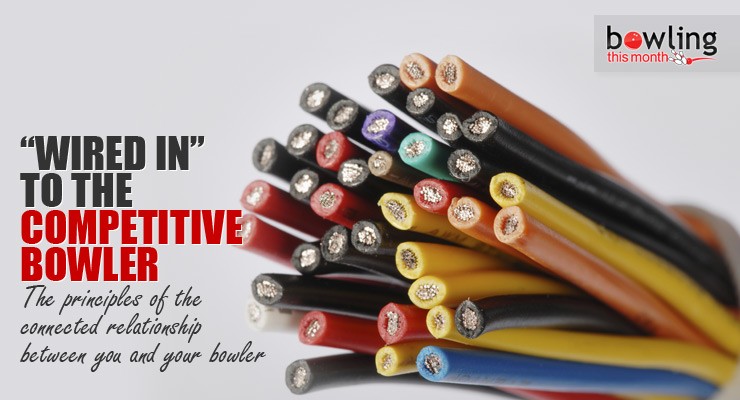Article Contents
- 1. The core of the relationship
- 2. As easy as riding a bicycle
- 3. The two of you are a team
- 4. The principles
- 4.1. 1) Your bowler can see, feel, and sense your facial expression before, during, and...
- 4.2. 2) You are the pilot. Remain calm under all circumstances.
- 4.3. 3) If you authentically care about a player, you are likely “wired” to mentally,...
- 4.4. 4) Refrain from parental coaching during competition.
- 4.5. 5) Wait for a period of time following any event to give your analysis or feedback.
- 4.6. 6) Emphasize the importance of your player’s reactions to his shots and game well...
- 4.7. 7) When results are great, ask if anything could have been done better. When results...
- 4.8. 8) Share in goal setting, mental game preparation, and behavioral expectations.
- 4.9. 9) Combat “choking” by emphasizing that the most valuable and courageous quality...
- 4.10. 10) Make a plan ahead of time for the nature of parental or coaching contact during...
- 5. The bleacher seats
Note: This article is only available to Bowling This Month subscribers.
When Kelly Kulick won the 2012 US Open this year in Reno, she immediately turned to face her ball company representative, PBA star Jason Couch. They pointed at one another in jubilation and something passed between them that was clearly both joyful and connected.
Jason and Kelly had spent the hours leading up to the final match planning and problem solving how to deal with the dry, dusty, and extraordinarily difficult lane conditions at the finals, held outdoors in downtown Reno. With heads together, they had considered balls and hand positions until they had a plan that appeared to be effective. It was. She won.
But there was something else going on there as well. It seems that the strength of the coach/player relationship lent itself to collaboration, support, and freedom to play. Beyond being a talented and experienced player and coach, Jason brought one more quality to the finals, an authentic, caring investment in both the well-being and the results of the athlete he was working with.
“A coach is someone who can give correction without causing resentment.”
—John Wooden, Hall of Fame coach
The core of the relationship
“It’s hard when your father’s the coach. Sometimes you don’t know where one leaves off and the other begins.”
—“Pistol” Pete Maravich, Hall of Fame Basketball
For many of you, any who coach or parent a bowler, it may be easy to imagine that that could have been you. Any parent or coach who has a truly connected relationship with their child or student generally has a universal set of mentoring experiences.
Some of these mentoring experiences are purely technical and instructional. Some are a matter of meaning and purpose related to the job of coach or parent. Some experiences feel so personal it can be difficult to ...
Already a premium member? Click here to log in.


